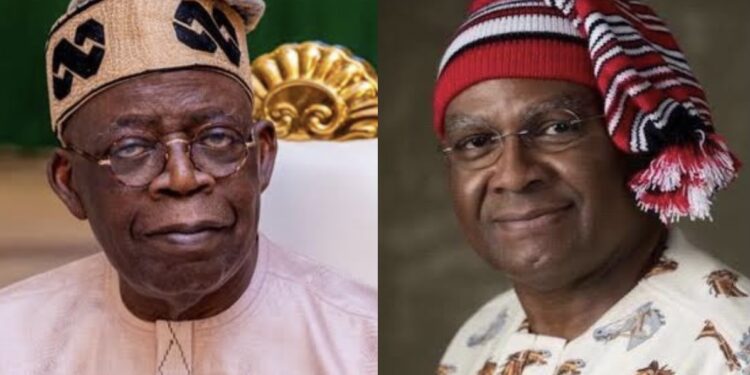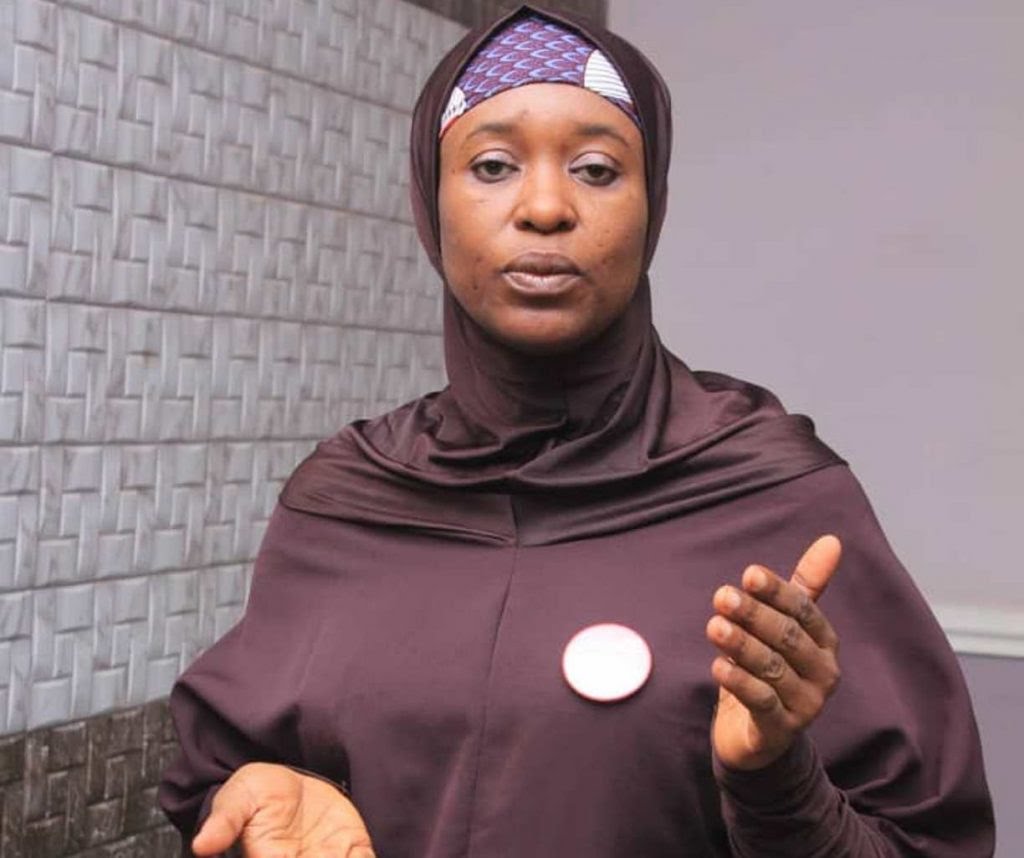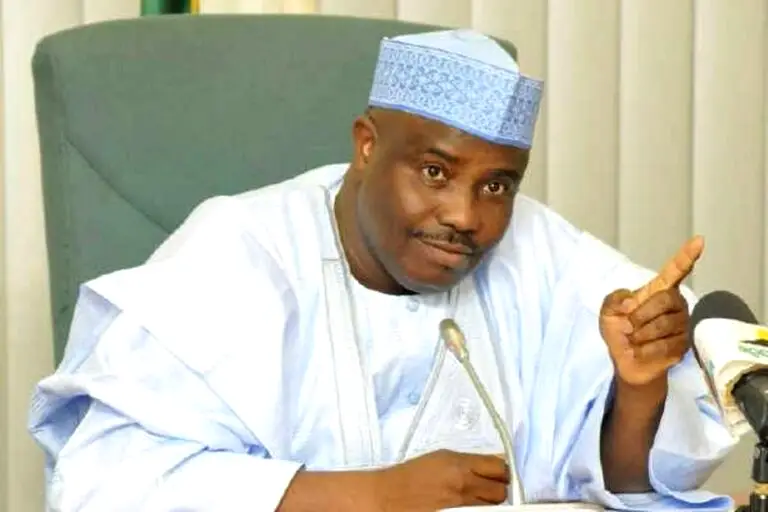[ad_1]
Senator Chimaroke Nnamani PDP-Enugu) says All Progressives Congress (APC) presidential candidate, Bola Tinubu, should be the preferred option among Nigerian youths as they head for the general elections in 2023.
Mr Nnamani said Mr Tinubu, on assumption of office as Lagos governor in 1999, embarked on a series of sustainable policies towards addressing the high unemployment rate, and youth issues in 1999.
In his a series of #Citi_ Boy tweet series, Mr Nnamani, who governed Enugu between 1999-2007, the same time the APC candidate was superintending over Lagos, noted that “Lagos state at the period saw a significant influx of youths looking for better livelihood.”
He said Mr Tinubu recognised that it would have been disastrous if left unattended, and therefore launched waves of reforms that re-invigorated the economy.
Mr Tinubu ensured that the vast majority of the working population, who were primarily youths, were employed, the Enugu senator claimed.
He stated that Mr Tinubu also established the anti-drug misuse campaign initiative to inform adolescents about the risks associated with illicit drug use, pointing out that the pervasive drug abuse epidemic had successfully destroyed many young people.
Mr Nnamani said Lagos State under Mr Tinubu, distributed over one million naira in grants to each of the registered voluntary youth organisations.
“Tinubu also increased the annual funding for the rehabilitation agencies to over N3 million and subsequently created youth centres to participate in educational and recreational activities.”
According to him, Mr Tinubu’s administration spent N14 million and N4 million respectively, to renovate the Onikan youth centre on Lagos Island and the Akinwunmi Youth Centre in Ikeja, while recreational facilities that had been abandoned for years were renovated.
Mr Nnamani pointed out that the Akowonjo Open Space received a total investment of N7 million whereas the long-abandoned Igbogbo Open Space in Ikorodu was completely rehabilitated.
“Vocational training centres were developed by Tinubu’s administration in March 2003 to rehabilitate hoodlums, neighbourhood boys, and the homeless who were desirous of making a turning point in their lives.”
He said Mr Tinubu achieved this by economically empowering them through training in professions like carpentry, shoemaking, hairdressing and tie-and-dye.
Mr Nnamani stated that a free education initiative for all Lagos State public schools was also introduced by Mr Tinubu in 2000, which included free registration for the WAEC and NECO exams.
Mr Tinubu, he noted, also “set up six job registration centres for all unemployed persons looking for meaningful employment or business opportunities.
“Along with that, he founded the LASU Information, Communication, and Technology Centre (ICT).
“This welfare Programme did not exclude the homeless nor illicit drug users.
“More than 300,000 of these Nigerians received succour in the Rehabilitation and Training Centre in Majidun, the Okooba Destitute Camp, and the Rehabilitation and Skills Acquisition Centre in Tekunle Island.”
He said Tinubu continued by establishing additional state ministries, like the Ministry of Youth and Social Development, to deal with issues affecting young people.
This, he said, resulted in the implementation of private sector involvement with various areas like refuse management, which added an extra 25,000 jobs.
(NAN)
[ad_2]






